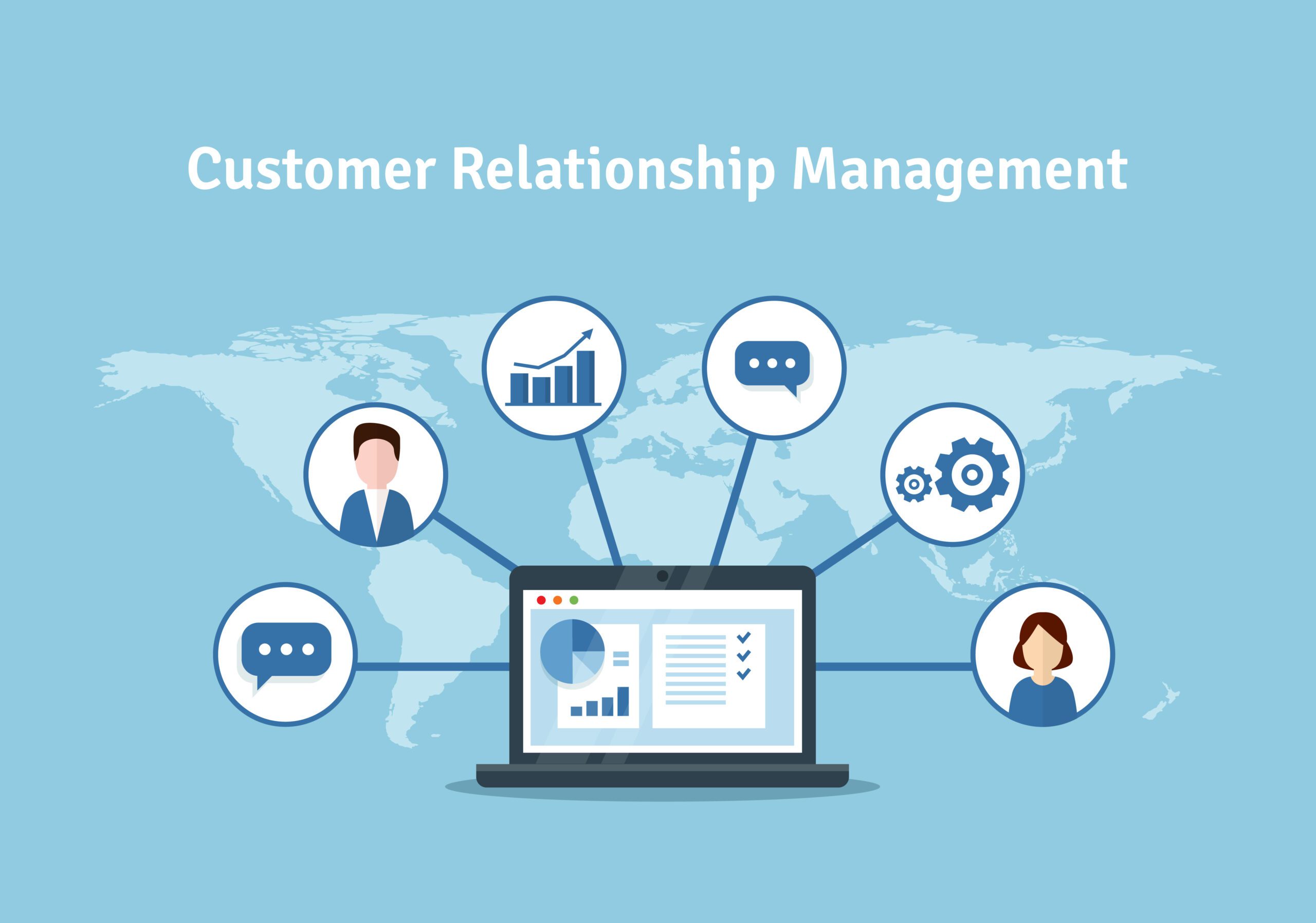10 Best Features of CRM to Enhance Increasing Business's Operational Efficiency
In dynamic business environment, effective customer relationship management is essential for thriving. Businesses continuously searching for ways to boost their productivity and improve their interactions with clients. One of the most effective tools in achieving this objective is a comprehensive customer relationship management system. By leveraging the right features, organizations can simplify their processes, enhance customer satisfaction, and eventually foster growth.
The essence to harnessing the benefits of a CRM is in grasping its features. From automated Expertcellent that minimize manual tasks to analytical features that provide deeper insights into customer behavior, the ideal customer relationship management system can transform how companies manage their operations. In this piece, we will examine the top ten CRM features that can dramatically enhance your business effectiveness and assist you build better relationships with your clients. Whether you are a small startup or an long-standing enterprise, these features are vital for staying competitive in the current market.
One. Streamlined Contact Management
Effective contact management is a key element of any efficient customer relationship management system. A well-organized database allows businesses to easily retrieve and manage customer information, leading to better communication and relationship-building. With optimized contact management, users can keep essential details such as names, contact numbers, emails, and communication records in one central location. This removes the need for disorganized spreadsheets and provides a consistent reference for all customer data.
Advanced CRM systems offer features like tagging and grouping contacts, which make it easier to segment customers based on different criteria. This targeted approach allows businesses to customize their marketing efforts and communications according to distinct customer groups. By leveraging these capabilities, companies can increase engagement and foster loyalty, as they are able to send personalized messages that appeal with each person's needs and preferences.
Furthermore, integrations with additional tools and platforms can further boost contact management. Whether it’s syncing with email marketing software, accounting systems, or even social media, these integrations simplify the workflow and ensure that all customer interactions are captured and made effective effectively. As a result, businesses can make wise decisions and enhance their customer strategies, ultimately improving overall efficiency.
Two. Automating Sales Strategies Processes
Introducing automated business sales processes processes is essential for enhancing efficiency in any business. Employing a powerful customer relationship management system, sales teams can simplify repetitive tasks such as tracking leads, follow-ups, and reporting. This not only reduce time consumption but also guarantees that no potential sales opportunities are overlooked, allowing teams to concentrate on developing relationships and closing deals.
An important benefit of automation is the reliability it brings to sales activities. Automated workflows can set up calls, forward emails, and manage follow-up notifications, guaranteeing that clients receive timely messages. This dependability in communication helps in nurturing leads effectively and enhances the chances of transforming leads into loyal clients. Additionally, by optimizing routine activities, sales representatives can concentrate to more strategic initiatives that affect income generation.
Moreover, integrating data analytics in sales processes offers crucial insights into key metrics. Companies can easily monitor conversion metrics, recognize obstacles in the sales process, and make data-driven decisions to enhance their plans. This ability enables teams to respond rapidly to market changes and client preferences, which further optimizes business efficiency and sales outcomes.
3. Sophisticated Data Analysis and Reporting Techniques
Sophisticated data analysis and reporting are vital customer client management aspects that allow businesses to formulate informed decisions based on data-driven insights. By utilizing the power of data collection, CRM systems can deliver detailed information about customer interactions, sales trends, and market dynamics. This allows organizations to comprehend their customers more effectively, anticipate needs, and tailor their strategies accordingly.
With comprehensive reporting capabilities, businesses can track key performance indicators and evaluate the success of their marketing efforts. Customizable dashboards and reports allow users to represent data in meaningful ways, making it easier to identify patterns and opportunities for growth. These insights not only help in measuring success but also guide future strategies for customer engagement and retention.
Furthermore, predictive analytics, a subset of sophisticated analytics, allows organizations to forecast future trends and behaviors based on historical data. This proactive approach enables businesses to react to but also anticipate customer demands. By leveraging these insights, companies can improve their customer relationship management system features, resulting in improved efficiency and eventually, greater revenue growth.
4. Enhanced Customer Engagement

Effective communication is essential for building strong relationships with customers, and a powerful customer relationship management system features tools that enable effortless interaction. With integrated messaging systems, email services, and live chat options, businesses can interact with their customers in real-time, addressing concerns and providing assistance quickly. This immediate communication helps to foster trust and stimulates customer loyalty.
In addition, CRM systems often feature capabilities that enable customized communication based on customer data and preferences. By observing customer interactions and gathering information about their preferences and behavior, businesses can customize their messages, ensuring that customers receive pertinent offers and information. This personalized approach not only improves the customer experience but also improves the likelihood of return business.
Additionally, CRM systems can streamline communication, allowing businesses to dispatch targeted follow-ups, reminders, and promotional messages without human intervention. This automation ensures that no customer is neglected and that communications are punctual and uniform. By optimizing communication processes, businesses can save hours and efficiency while increasing customer satisfaction, ultimately leading to improved business efficiency.